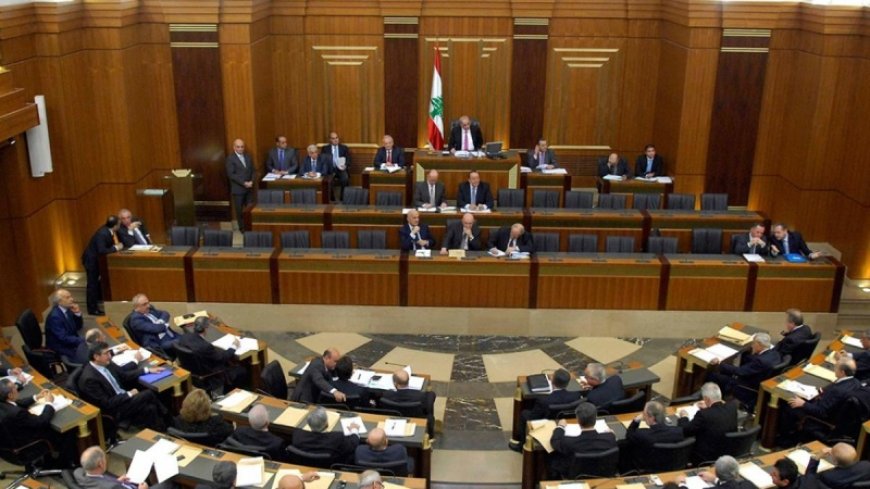Lebanon in the deadlock to elect a new President
Lebanon in the deadlock to elect a new President

Although the Lebanese Parliament held more than 10 sessions to elect a new President of the country, but so far it has failed to find a President and thus led to the stalemate of electing the highest leader in the country to continue to be witnessed. Almost a year now since the former President of the country Michel Aoun finished his term. Lebanese MPs have met more than ten times in specially convened sessions to elect a President but have failed to find a president due to two main reasons. The first reason is the non-fulfilment of some sessions with the required number of members of parliament for the session to take place and the second reason is the failure to get the necessary votes for the candidates who came forward to compete for the presidency.
The term of the presidency of the current president of Lebanon, Michel Aoun, ended on October 31 last year; and the failure to elect a new president aggravates the crisis of the country's political vacuum remaining without a president. The Lebanese Parliament should elect a new President one month before the end of the current President's term. In addition, according to the constitution, the President of the country should be elected from among Maronite Christians. Michel Aoun President of Lebanon who has expired since October 31, 2022 Falling into Lebanon in the deadlock of failing to elect a new President makes the country's political atmosphere increasingly volatile along with increasing the economic problems that are already plaguing the country right now.
There is a big mistake regarding the presidential candidates. What has happened so far in the sessions of the Parliament shows that there is no desire and sincere commitment to elect the President. There is a big rift between political groups and factions in Lebanon, especially considering that some factions and parties are making efforts to ensure that the next President comes from a camp that opposes the Lebanese Hizbullah Islamic Movement. According to the old political agreement in Lebanon, the position of President should be held by Christians, the Prime Minister should be appointed from among Sunni Muslims and the Speaker of Parliament should be from among Shiite Muslims. This situation which was reached after the Taif peace agreement document in 1989 which was accepted by all political parties and groups in Lebanon has turned into a basis for stability. Normally, being elected Speaker of Parliament is an easy matter, especially considering the acceptance of Nabih Berri.
But hard work and strong friction emerges in choosing the President and even the Prime Minister. Nabih Berri, Speaker of the Lebanese Parliament The first reason for the deadlock in the election of the President is that there is an error within the Maronite Christians themselves who basically have to propose the names of the candidates who are presented to the Parliament and voted on. The situation is not stable between them as they have not reached a consensus regarding a particular candidate. Another reason is the lack of a single point of view between the Lebanese political groups in relation to a certain candidate so that they can vote for him and thus make him emerge victorious, especially considering that there is no wing with an absolute majority in the Lebanese Parliament. At the moment, the government of Lebanon is led by an authoritarian government and in order to choose a new Prime Minister, the President must be chosen first who will appoint the Prime Minister and give him the responsibility of forming the government after the Prime Minister has been voted in Parliament to have confidence in him. The truth of the matter is that, what is described as "social democracy" is actually a balance of power in Lebanon.
Najib Mikati, the Prime Minister of the authoritarian government of Lebanon Despite the fact that in the past years it has been stated several times that the main reason for the political deadlock in Lebanon is the error between Saudi Arabia and Iran, but now even after Riyadh and Tehran has not found comfort in providing a solution to the President's vacuum in Lebanon. Internal reasons caused by errors between different parties have caused the Lebanese to continue waiting for external, regional and international events to make the President's file active. In the past, the presence and influence of foreign groups in Lebanon was cited as the reason for the political deadlock in Lebanon where the election of the President depended on regional and international consensus on a certain candidate. But today the state of affairs in Lebanon is not like that and without a doubt, reaching a consensus and internal agreement is the most important thing and the first important way to get the country out of the stalemate of electing the President and in that context to end the leadership vacuum in the country













































